The owner of several restaurants in Dundee said she will have to raise prices as a result of today’s Autumn Budget.
Kelly Fairweather, whose business interests include The Selkie and Sol Y Sombra in Broughty Ferry, said the hikes to the National Living Wage and National Insurance will put severe pressure on hospitality businesses.
In Chancellor Rachel Reeves’ Autumn Budget, the National Living Wage increased by 6.7% from £11.44 to £12.21 from April.
Meanwhile, the threshold at which employers start paying National Insurance on salaries was dropped from £9,100 to £5,000, with the rate increasing from 13.8% to 15% from April.
Dundee business owner’s inflation fears after budget
Ms Fairweather, who is president of Dundee and Angus Chamber of Commerce, said: “It means I’ll have to start charging customers more.
“No doubt my suppliers will also be charging me more as they’ll have the same issue making ends meet.
“Then the Bank of England might have to put the base rate up because we have inflation.
“If I put prices up, which I’ll have to, it means people are less likely to come out. The more expensive it is to employ people, the fewer job opportunities there is.”
Ms Fairweather, who is president of Dundee and Angus Chamber of Commerce, said she is against Government policies which act as an obstacle to people starting in business.
She warned there could be business closures.
She added: “Profit is becoming a dirty word. When I started in hospitality, people were looking for a 30% profit margin.
“We’re looking for 8% these days and that can end up going to fix a hole in the roof or something unexpected happening.
“Going to get your hair done, going to eat out, picking up flowers – they are all small businesses.
“If they all disappear, and it’s hard enough on the High Street just now, what have you got? What are you going into Broughty Ferry for?”
Crieff Hydro boss says cost rises will cost more than £1m
Stephen Leckie, owner of Crieff Hydro, said the rise in the minimum wage alone could cost his business around £750,000.
He estimated the cost of the National Insurance increases at between £450,000 and £500,000.
He said: “I certainly don’t argue against the concept of minimum wage. We want to look after our people.
“However, putting the living wage up by 6.7% when inflation is 2%, it makes it difficult.
“We’re determined to keep investing in our business to make it better but these changes mean we will have to go to the bank and ask to borrow more in the hope that Scotland and the industry has a brighter future.”
He added that raising prices to cope with the tax changes, wasn’t an option for all businesses. Mr Leckie said there was a limit people would pay.
He also called for the Scottish Government to follow the UK Government’s 40% business rates relief for eligible retail, hospitality and leisure businesses, up to a cap of £110,000.
‘It just got a lot harder’
This call for rates relief was echoed by Graham Bucknall, co-owner of the Ship Inn, Elie and Cruso Hotel in Lower Largo.
He said: “A lot of pubs in England are worried about this cliff edge (on an end to business rates relief).
“We don’t have the cliff edge in Scotland. We’ve been paying full rates ever since last summer.
“If there is rationale for relief south of the border, surely that same rationale for supporting hospitality and retail businesses extends north of the border too.
“Everything else we saw today was cost increases for businesses.
“National Insurance employer contributions are a sledgehammer. Not just the increase in the rate, but also in the threshold where it cuts in. That will really impact firms who hire casual and part-time staff, like hospitality businesses.
“We’re seeing pubs, social clubs etc closing and it’s the pressures of wages and taxation. It just got a lot harder.
“I worry about what this will do over the next six, 12 or 18 months throughout Fife and Scotland.”
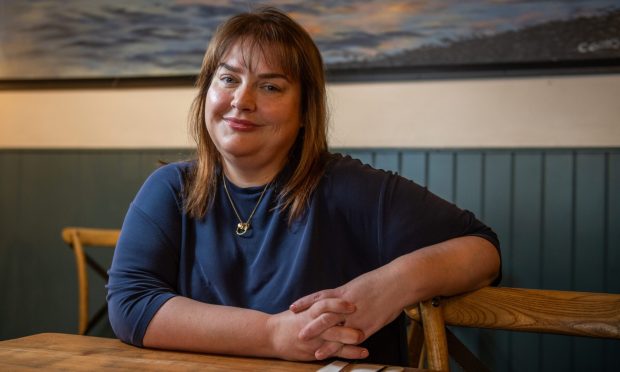
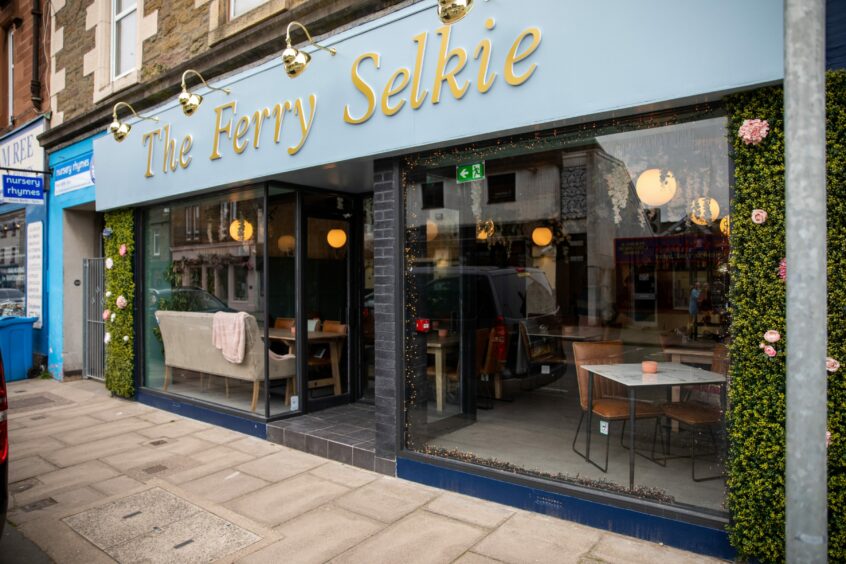

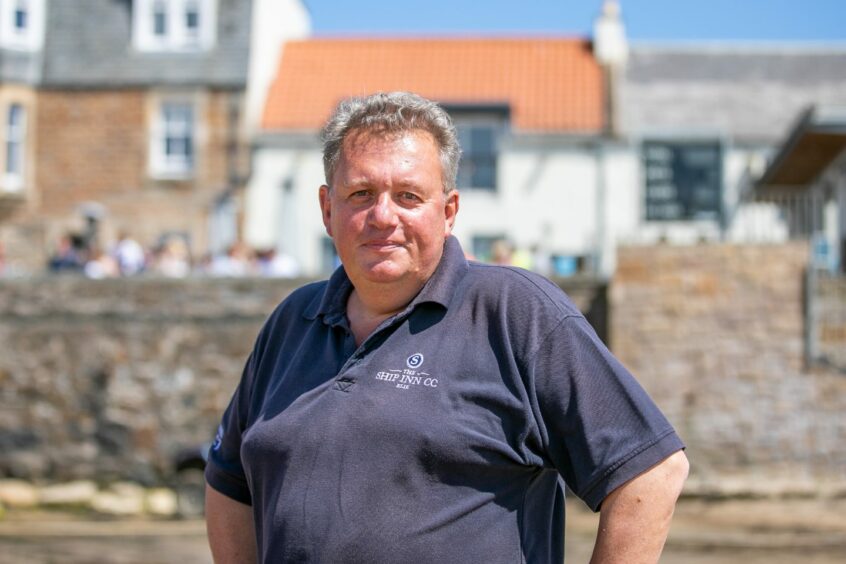
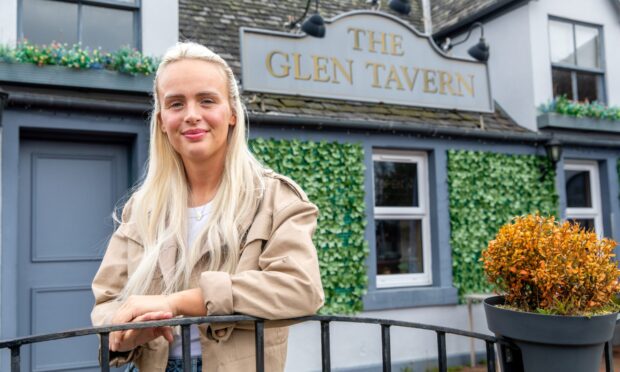
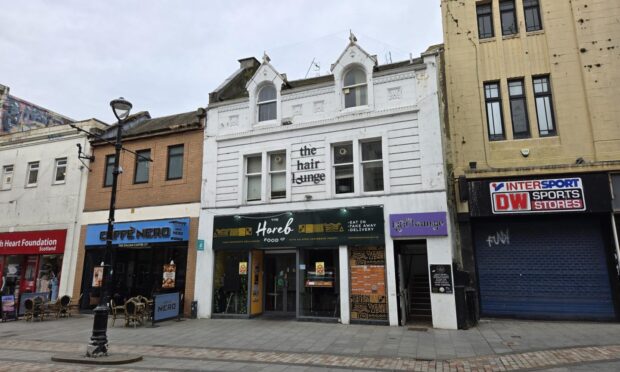
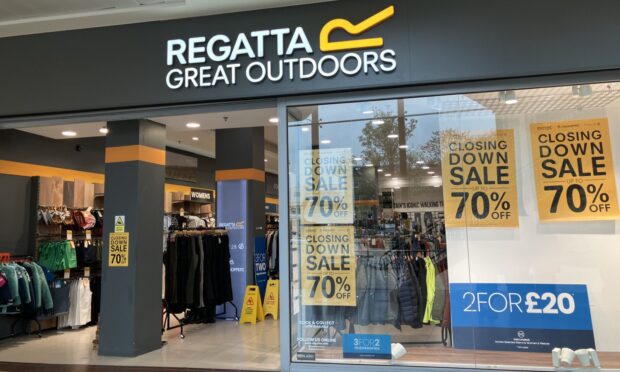

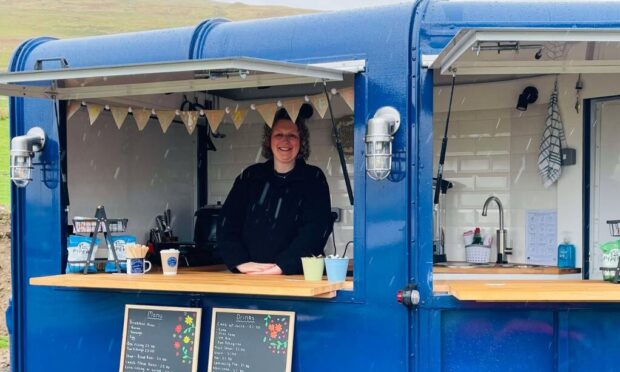
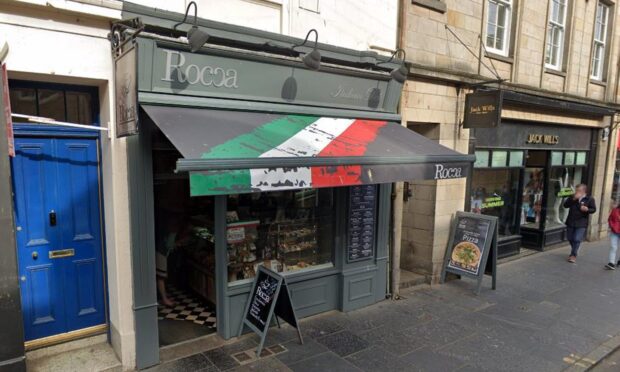

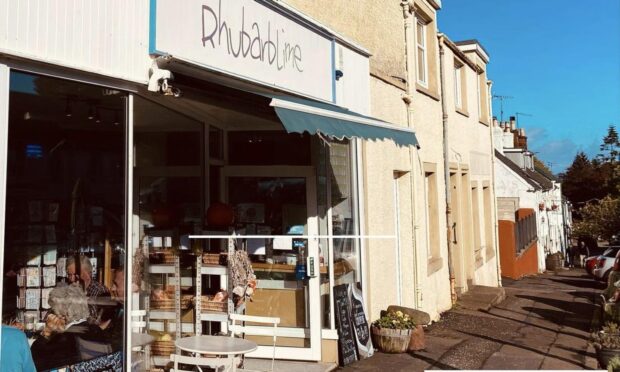
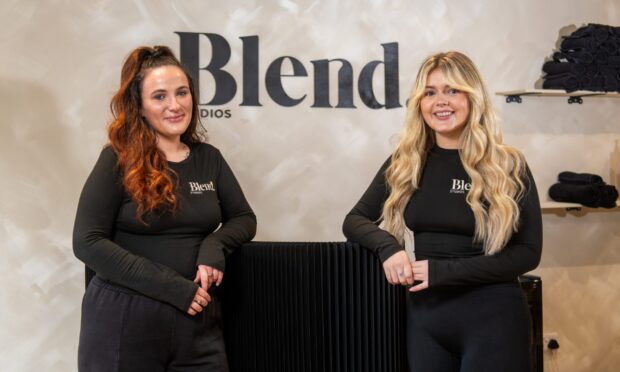
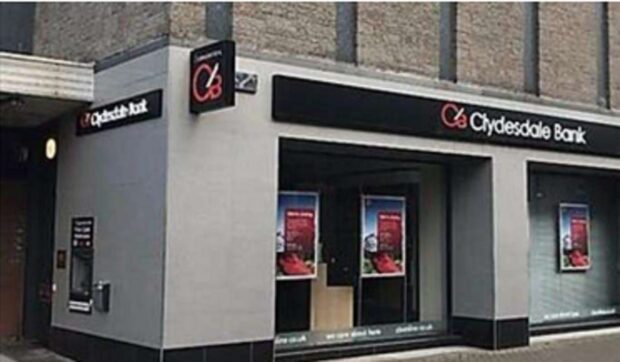
Conversation